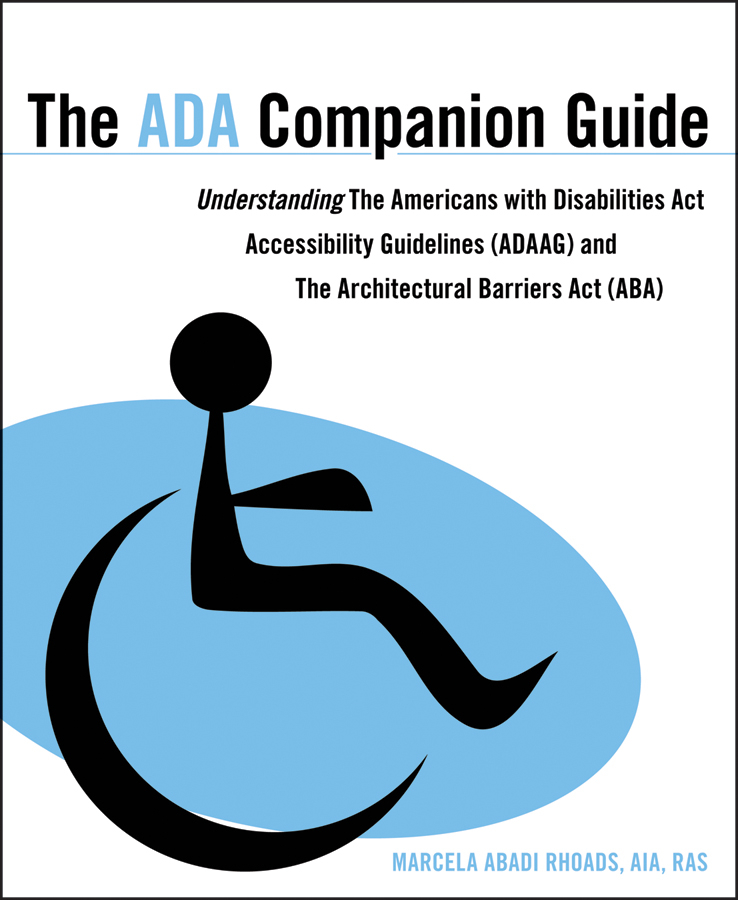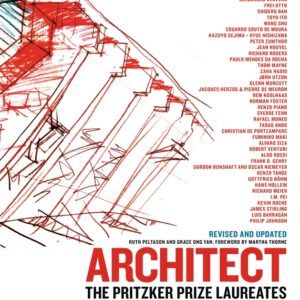<b>The ultimate reference to the latest ADA and ABA Accessibility Guidelines for Buildings and Facilities</b> <p>Architects, interior designers, engineers, facility managers, and related building professionals will find this to be a handy guide to the latest <i>Americans with Disabilities Act Accessibility Guidelines (ADAAG)</i>, as published by the U.S. Access Board in the Federal Registry in 2004 and subsequently updated. As this book went to press in 2010, the U.S. Justice Department was expected to soon adopt the latest ADAAG, as covered in this book.</p> <p>These guidelines have been revamped to offer more cohesive architectural guidance that improves the accessible design of buildings for individuals with special needs. Learn what the essentials of these revised guidelines are with this handy reference—what has changed, what hasn’t, how to apply the guidelines, and what effect they will have on both the public and private sectors—with:</p> <ul> <li> <p>An easy-to-use format that follows the same organization as the actual revised ADAAG, with the revised numbering system, updated scoping, and technical provisions</p> </li> <li> <p>A chapter focused on the Architectural Barriers Act (ABA), which is specific to those dealing with federal buildings and facilities funded by the federal government</p> </li> <li> <p>Special commentaries on crucial or hard-to-understand examples, with photographs that illustrate practical applications of the guidelines, written by an architect who is an accessibility expert that consults regularly with design professionals, building owners, and facility managers</p> </li> </ul> <p><i>The ADA Companion Guide</i> combines the complete ADAAG and ABA guidelines with explanations, commentary, and illustrations, offering easy-to-follow guidance on how to eliminate unnecessary architectural barriers for persons with disabilities.</p>
The ADA Companion Guide
₹3,245.00
Understanding the Americans with Disabilities Act Accessibility Guidelines (ADAAG) and the Architectural Barriers Act (ABA)
This book is currently not in stock. You are pre-ordering this book.




